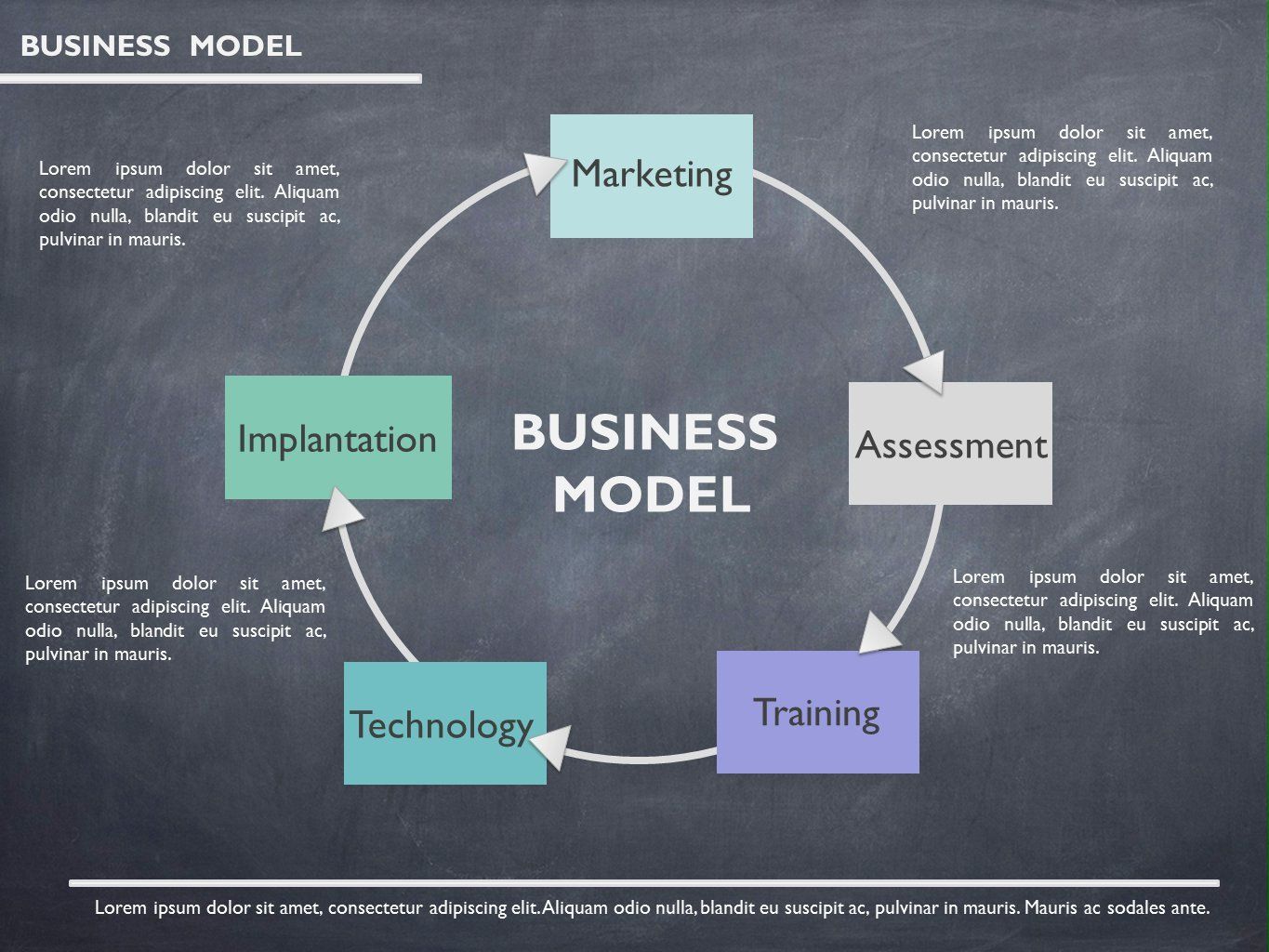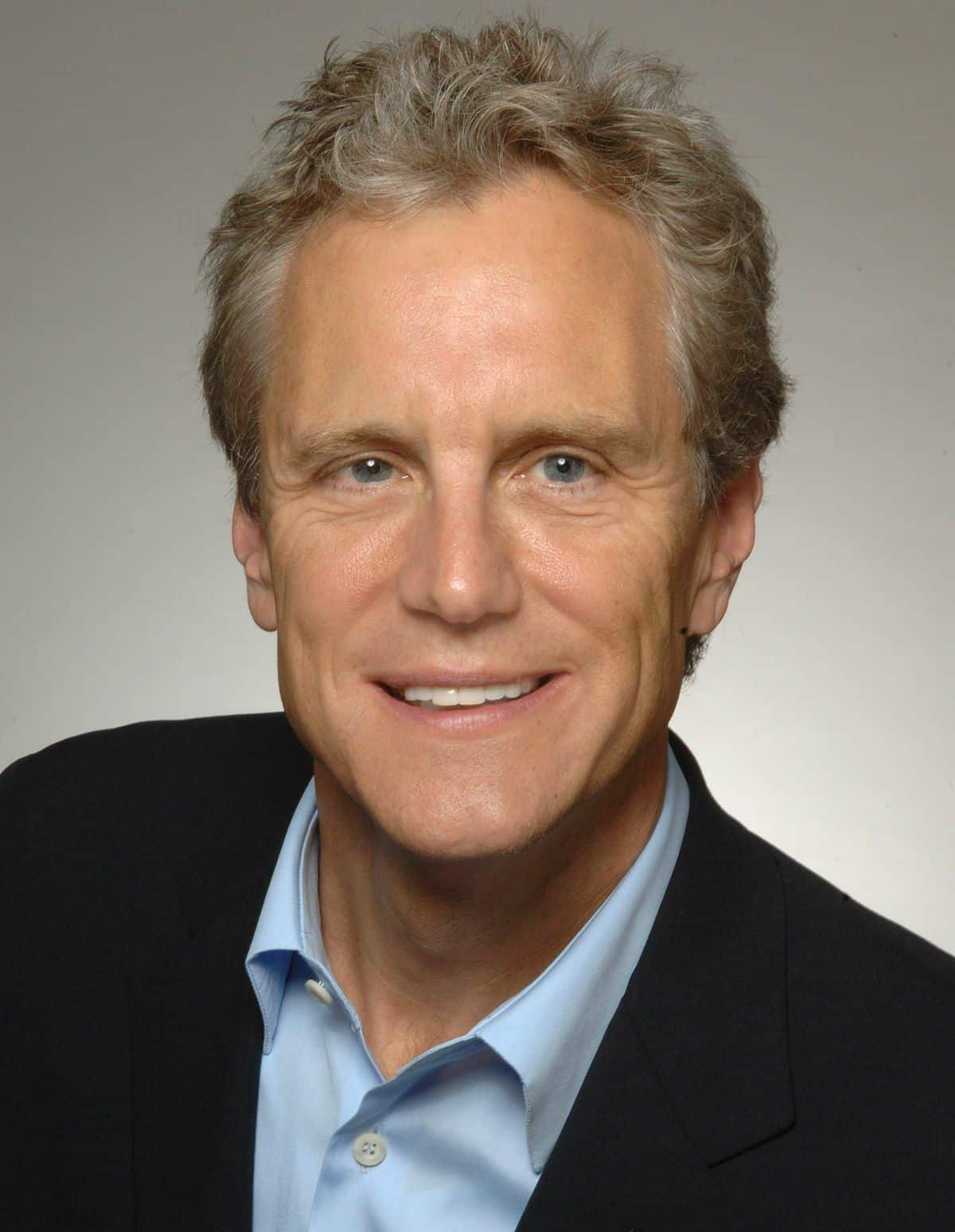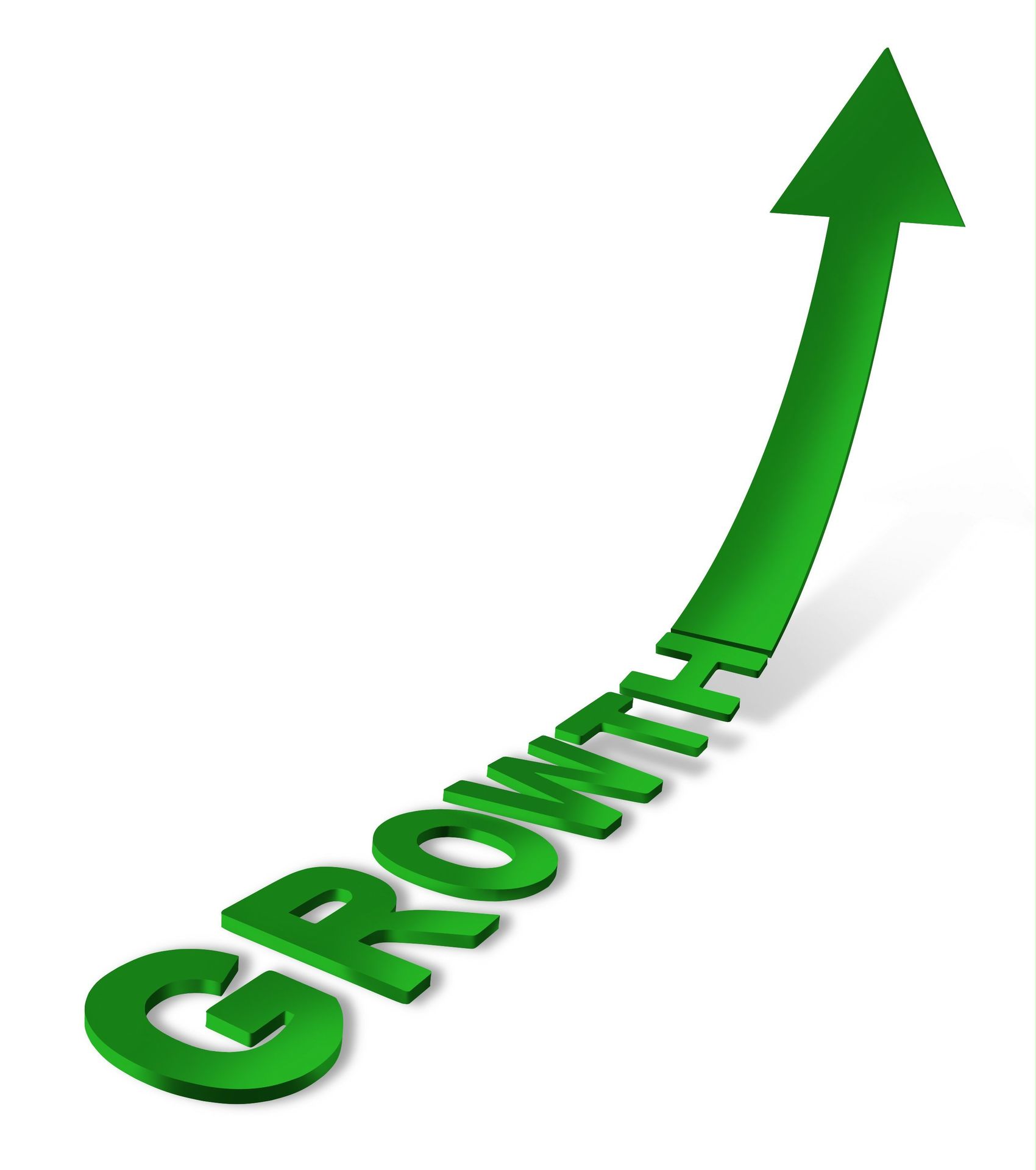The blue light burned into my retinas at 1:44 AM. Another night, another endless scroll through feeds of carefully curated perfection – glowing fitness gurus, meticulously plated meals, triumphant weight loss stories. My own story, however, felt less like a triumph and more like a stalemate. I’d eaten clean all day, walked my requisite 44 steps past my target, and yet here I was, feeling utterly drained, already anticipating the blurry performance of the day ahead. And the weight? Still clinging on, stubbornly, as if defying the very laws of physics and my unwavering dedication.
I’m supposed to know better. I preach balance, I advocate for listening to your body, yet there I was, scrolling past 1 AM, actively undermining every principle I hold dear. It’s an almost pathological contradiction, this knowing-better-but-doing-it-away dance, a testament to the insidious grip of our modern hustle culture. We wear exhaustion like a badge of honor, celebrating the grind, the early mornings, the late nights, all while quietly eroding the very foundations of our well-being. My kitchen still smelled faintly of something charred from a forgotten pot earlier that evening – a small, sharp reminder of how easily focus frays when life demands more than you have to give. We’re pushing ourselves to a breaking point, then wondering why our bodies aren’t responding to the textbook solutions we apply.
The Power of Sleep
What if I told you that your diligently tracked macros, your early morning workouts, your impeccable meal prep – they might be losing a battle against an invisible, insidious force, one that you’ve systematically ignored?
This isn’t about willpower. It’s not about finding the “right” diet or the “perfect” exercise routine. It’s about something far more primal, something we’ve collectively relegated to the realm of passive luxury: sleep. We view sleep as downtime, a convenient pause between bouts of productivity. A reset button, perhaps. But it’s not passive at all. Sleep is an active, fiercely complex metabolic process, a nightly orchestration of hormonal recalibration that dictates nearly every facet of your physical and mental health. To ignore it is to build a house on sand, no matter how sturdy your construction materials.
Ghrelin (Hunger)
Surges
Leptin (Satiety)
Dives
Cortisol (Stress)
Elevated
Think of it this way: your body runs on hormones, these tiny, powerful chemical messengers that control everything from your mood to your metabolism. And few things wreak havoc on this delicate system faster than sleep deprivation. A single night of poor sleep – and by “poor,” I mean less than the optimal 7-8 hours, or even just broken sleep where you wake 4 times, can throw your hunger and satiety hormones into a chaotic tailspin. Ghrelin, often called the “hunger hormone,” surges, telling your body it needs more fuel, even when it doesn’t. Leptin, the “satiety hormone” that tells you you’re full, takes a nose-dive, leaving you feeling perpetually unsatisfied. It’s a cruel physiological joke: the less you sleep, the hungrier you feel, and the less likely you are to recognize when you’ve had enough. Your carefully planned diet stands no chance against this internal mutiny, making cravings for quick energy (read: sugar and refined carbs) almost irresistible. You might have the best meal plan in the world, but your biology is screaming for something else entirely.
Echoes of Exhaustion
I remember talking to Ahmed N.S., a voice stress analyst, once about the subtle cues our bodies give off under pressure. He’d shown me how even the slightest tremor in a speaker’s voice could indicate underlying stress, fear, or exhaustion. He talked about how the body, even subconsciously, broadcasts its internal state long before we consciously acknowledge it. He pointed out micro-pauses, subtle changes in pitch that told a story deeper than words. And I thought, if our voices can betray us so readily, imagine what’s happening beneath the surface, unseen, unheard, as we force our bodies through day after day of inadequate rest. We’re essentially asking our internal systems to operate at 44% efficiency, then wondering why they aren’t yielding 100% results. It’s an unreasonable demand, a biological debt we keep accruing, expecting someone else to pay it off.
The insidious part is that this hormonal imbalance isn’t just about hunger. It directly impacts your body’s ability to burn fat and manage blood sugar. When you’re sleep-deprived, your body perceives it as a form of acute stress. What does stress do? It triggers the release of cortisol, your primary stress hormone. Elevated cortisol levels signal to your body to conserve energy and hold onto fat, especially around the midsection. It also makes your cells less responsive to insulin, leading to higher blood sugar levels even after healthy meals. This insulin resistance forces your pancreas to work overtime, pumping out more insulin, which in turn promotes fat storage. So, you’re eating right, you’re moving your body, but your sleep-deprived endocrine system is actively working against your fat loss goals, making it an uphill battle on a slope of 44 degrees. It’s like driving with the emergency brake on, then blaming the car for being slow.
Fat Burn
Fat Burn Potential
I’ve seen it countless times, both in myself and in others. The person who meticulously tracks every calorie, who never misses a workout, yet feels stuck. They’re exhausted, irritable, and convinced they’re doing something wrong with their food choices, maybe they need to cut out another food group, or restrict further. They might even consider an extreme approach, looking for answers in specific dietary protocols. And while adopting a well-formulated eating plan, perhaps one that focuses on healthy fats and protein, can certainly aid in metabolic health, it’s like trying to fill a bucket with a hole in the bottom. You can pour in all the clean water you want, but if the foundation isn’t solid, you’ll still come up short. Resources from Dr. Berg Nutritionals speak to the power of targeted nutrition, but even the most optimal dietary plan can be undermined if the body isn’t given the fundamental restorative process of sleep. This isn’t about replacing diet; it’s about realizing that diet alone is only part of a complex equation.
The Culture of Exhaustion
We live in a world that valorizes sleepless nights. “I’ll sleep when I’m dead,” we joke, or boast about how little sleep we got last night. We’ve internalized this twisted notion that rest is a weakness, a concession to be made only when absolutely necessary, never a priority. But recovery isn’t the opposite of performance; it’s the very crucible in which performance is forged. Without adequate sleep, your body can’t properly repair muscles, consolidate memories, detoxify cells, or regulate neurotransmitters. It’s trying to rebuild an entire operating system every 24 hours, patching up tissues, filtering waste, optimizing connections – but we keep pulling the plug too early, disrupting the crucial final 44 minutes of this nightly maintenance cycle.
Early Stages
Minor disruption
Chronic State
Significant impact
I confess, there are still days where I push it. I find myself wrestling with an email at 11:44 PM, knowing full well the consequences. It’s an addiction to the feeling of being productive, an ingrained habit that whispers “just one more thing,” even when the tank is clearly empty. The subtle pride in “doing more” sometimes eclipses the wisdom of “doing enough.” And then I pay the price. The next day, my cravings are louder, my focus is scattered, and my patience is thin. I’m slower, duller, a less vibrant version of myself. The irony is, in trying to squeeze more out of my day, I end up getting less out of life. I thought for years that my problem was simply willpower when faced with a cookie. What I failed to grasp was that my willpower was being systematically eroded by chronic sleep deprivation, leaving me with a mere 4% of my usual resolve, especially after a particularly demanding 14-hour workday.
Breaking the Cycle
It’s a tricky cycle to break because the effects are cumulative and insidious. You don’t just wake up one day and decide you’re going to be sleep-deprived and overweight. It happens slowly, a gradual erosion of health that we often blame on everything but the culprit staring us in the face. We tweak the diet, we intensify the exercise, we buy the fancy supplements, all while ignoring the 7-4 hours of darkness our body desperately needs to perform its nightly magic. This isn’t about finding a magic bullet; it’s about re-establishing the fundamental conditions for your body to thrive. Without adequate sleep, your body is effectively operating in a constant state of emergency, making fat loss a physiological impossibility, regardless of your calorie deficit.
Sleep Prioritization
73%
What then? The solution isn’t glamorous, and it certainly isn’t marketed on social media with catchy hashtags. It’s radically simple, yet profoundly difficult in practice: prioritize your sleep. This means cultivating a sleep environment that supports rest – dark, cool, quiet, perhaps even maintaining the temperature at 64 degrees Fahrenheit. It means winding down for at least 34 minutes before bed, ditching the blue-light emitting screens at least an hour before sleep, reading a physical book, taking a warm bath, or engaging in gentle stretching. It means respecting your body’s natural circadian rhythms, aiming for consistent bedtimes and wake times, even on weekends, to regulate your internal clock. It means evaluating your caffeine intake, especially after 2:44 PM, and being mindful of heavy meals too close to bedtime. It means challenging that ingrained belief that more ‘doing’ always equals more ‘achieving.’
Reclaiming Control
It demands a re-evaluation of what truly constitutes productivity. Is it answering emails at 1:44 AM, only to spend the next day battling brain fog and sugar cravings? Or is it ensuring you’re well-rested, alert, and capable of making genuinely impactful decisions and choices when it matters? This isn’t just about weight loss; it’s about reclaiming your energy, your focus, your mood, and ultimately, your control over your own physiology. Until we honor sleep as the non-negotiable metabolic powerhouse it is, we will continue to chase our tails, endlessly adjusting our diets and exercise, wondering why the scale stubbornly refuses to budge and exhaustion remains our constant companion. The real transformation, the one that unlocks sustained energy and true metabolic balance, often begins not with another meal plan, but with the profound, restorative darkness of a truly good night’s sleep. What will you do differently, starting tonight, at 10:44 PM, to reclaim this fundamental pillar of health?
Dark
Block Light
Cool
Ideal Temp: 64°F
Quiet
Minimize Noise







































































































































































































































































































































































































































































































































